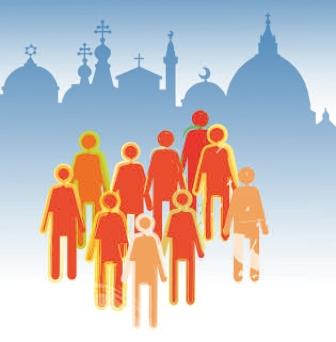Professor Durham Addresses Universal Rights Conference in Rome, 30 April 2011

Professor W. Cole Durham, Jr. was among the presenters at the Seventeenth Plenary Session of the Pontifical Academy of Social Sciences held in Rome from Friday 29 April through Tuesday 3 May 2011. The Session, organized under the direction of Mary Ann Glendon, Learned Hand Professor of Law at Harvard University Law School and former U.S. Ambassador to the Holy See, was devoted to the topic Universal Rights in a World of Diversity: The Case of Religious Freedom. “Religious freedom claims the Academy’s attention not only because it is central to Catholic thought,” notes Professor Glendon, “but because the dilemmas and controversies in that area are illustrative of the current crisis of the entire human rights project.” The conference featured contributions of scholars from Europe, Asia, Africa, the Pacific, and North and South America.
As the concluding speaker of the two-day opening segment, Religious Freedom: Historicity and Universality, Professor Durham’s Overview of the segment, delivered on Saturday evening, was entitled “Religious Freedom in a Worldwide Setting: Comparative Reflections.” Religious freedom is vital, said Professor Durham, because “it protects and cultivates the insights and the wellsprings of reverence. It is not just one among many human rights; it is foundational for all the others. By protecting the space in which very different individuals and communities experience reverence, freedom of belief opens the possibility for dignity to unfold and for other rights to take root and grow.”
Noting that reverence “points the pathway to respect,” Professor Durham explained that mutual respect contributes to “the flourishing of modern pluralistic societies.” Religious freedom “provides legal protection for the activities and institutional contexts in which the fragile virtue of reverence can flourish, and without which society is imperiled and impoverished.” In this way freedom of belief “protects a dimension of human existence that the more secular values of speech, association and equality never fully grasp. It has an ontological depth that corresponds to the magnitude of the human capacity to feel and respond to reverence—whether that reverence takes religious or secular forms, and whether it is experienced directly or sensed in the lives of others. It recognizes both the sanctity of conscience and the limits that conscience sets. In the end, freedom of belief is vital because it facilitates the ability of human beings to build social worlds open to the best that human beings can be and become.”